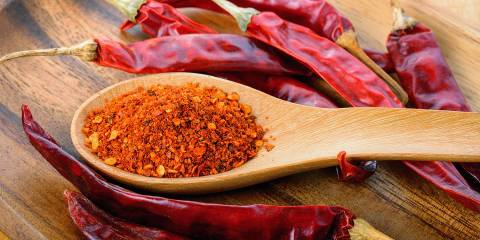Your gut is the gateway to good health. When everything is working properly, your body is able to digest food and absorb nutrients. The digestive system is also highly involved in supporting immune health. An astounding 70 percent of the immune system is located in the gut. Keeping your gut healthy and supporting your immune system is critical now more than ever.
Bacterial Battlefield
Your digestive tract is home to trillions of bacteria. Some are beneficial to health and some are not. The beneficial bacteria are the probiotic bacteria and they make up your gut microbiome. You can think of them as your internal army on the battlefield of the gut because they help protect you against foreign invaders that can cause infection and disease.
Probiotics offer many immune benefits: They enhance the innate immune system; modulate inflammation; and promote a healthy gut barrier, which blocks harmful bacteria from adhering to the digestive tract.
Dysbiosis
When there is an imbalance in good v. bad bacteria in the gut, this is known as dysbiosis. Symptoms include gas, bloating, upset stomach, and constipation or diarrhea, but there are also less recognized signs, such as headaches, allergies, brain fog, and weight gain.
To keep your gut healthy and overcome dysbiosis, consider these lifestyle dos and don’ts:
Dos
- Eat a wide range of vegetables, fruits, and coldwater fish.
- Eat prebiotic and probiotic foods. Good probiotic foods include kefir, yogurt, kombucha, and kimchi. Good prebiotic foods include apples, bananas, asparagus, dandelion greens, oats, garlic, nuts, and seeds.
- Consider a probiotic supplement to ensure you are getting a consistent amount of beneficial bacteria.
- Exercise regularly. Moderate exercise can improve the diversity and numbers of your good gut bacteria.
- Take time to relax. Adopt stress-reduction strategies, such as meditation, yoga, and deep breathing exercises
Don’ts
- Avoid taking antibiotics unless absolutely necessary. A single course of antibiotics can disrupt your normal gut flora for months to years afterward.
- Avoid antacids; they can reduce the diversity of bacteria in the gut.
- Stay away from cigarette smoking and alcohol; both can cause dysbiosis.
- Reduce sugar. Eating lots of sugar can decrease the beneficial bacteria in the gut.
For more resources on gut health and probiotics, visit www.probiotics.com, where I serve as a scientific adviser and answer gut-related questions.




